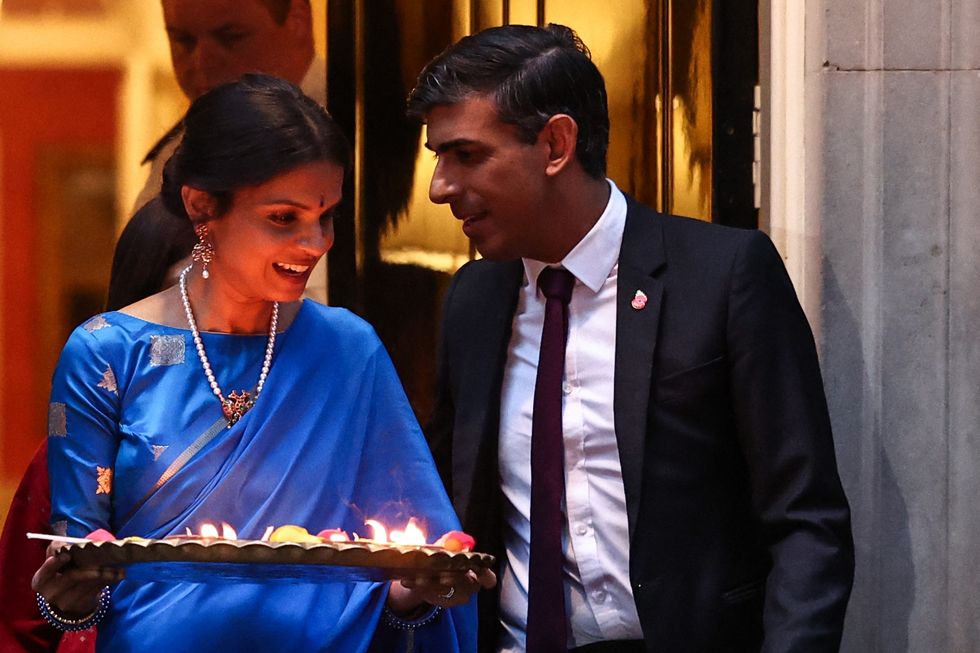Sri Lanka on Thursday (01) implemented a substantial reduction in interest rates for the first time since the onset of its severe economic crisis last year.
The country's central bank has expressed optimism about signs of recovery.
Following the release of official data indicating a decline in inflation from 35.3 per cent in April to 25.2 per cent last month, the Central Bank of Sri Lanka made the decision to lower the benchmark lending rate by 2.5 percentage points to 14 per cent.
According to the Central Bank of Sri Lanka, the monetary board reached the decision to "ease monetary conditions" based on the faster-than-anticipated deceleration of inflation.
This rate reduction marks the first since July 2020 when rates were lowered by one percentage point.
In response to the deepening economic crisis, the central bank initiated a series of rate hikes from early 2022.
In April of the same year, a record increase of seven percentage points occurred, shortly before the government defaulted on its $46 billion foreign debt.
After experiencing its worst foreign exchange crisis and a significant economic contraction of 7.8 per cent in the previous year, the financially distressed nation successfully obtained a bailout package from the International Monetary Fund (IMF) in March.
As part of the four-year loan programme totaling $2.9 billion, the nation received the first disbursement of $330 million.
The central bank has expressed optimism indicating positive indications of a rebound in the economy.
Sri Lanka faced a severe shortage of funds to cover even the most vital imports, and the nation experienced scarcities in food, fuel, and medicines.
Additionally, due to allegations of mismanagement and mounting protests, the former president, Gotabaya Rajapaksa, was compelled to leave the country and tender his resignation in July.
The circumstances surrounding his departure were a result of months of sustained demonstrations.
In its recent economic review, the central bank projected a decline in inflation to single-digit figures by the end of the year.
The inflation rate had reached a peak of 69.8 per cent in September, accompanied by a significant rise in food inflation, which neared 100 per cent during that period.
(AFP)

















 Rishi Sunak and Akshata Murty. (Photo by HENRY NICHOLLS/AFP via Getty Images)
Rishi Sunak and Akshata Murty. (Photo by HENRY NICHOLLS/AFP via Getty Images) 

